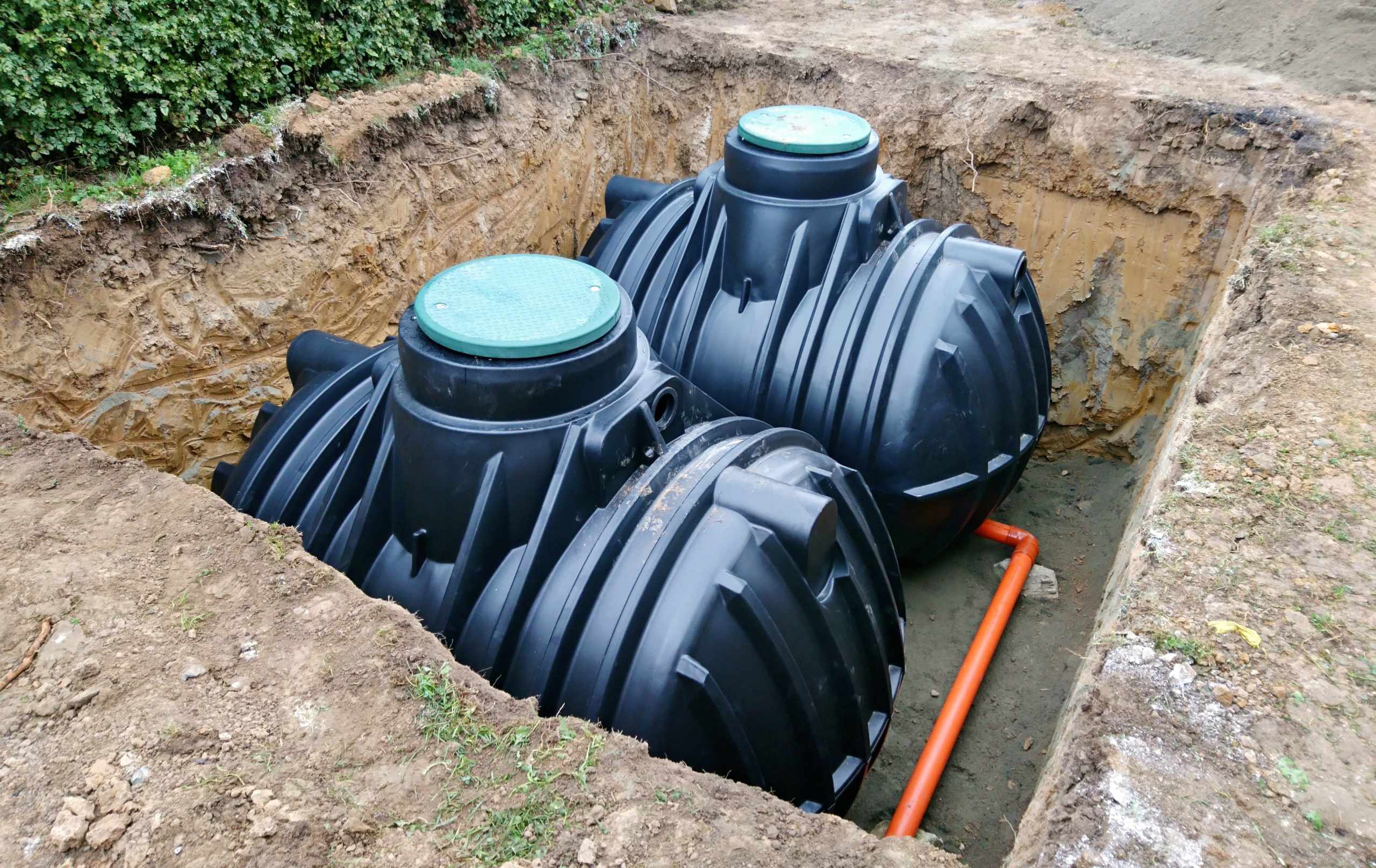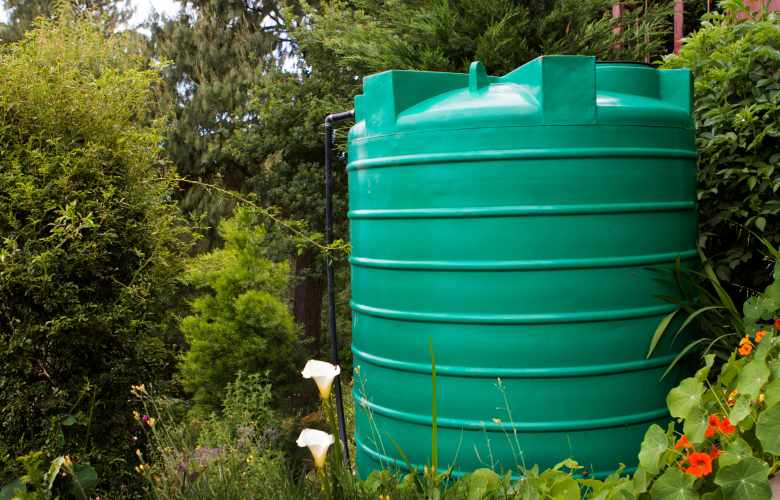Continuous water supply is necessary for daily activities. Although most regions have enough water supply for everyone, many homeowners still prefer to invest in right water tank for their property for various reasons.
A water tank stores and collects water for later use, allowing homeowners to access the water supply at all times. It’s convenient and may also help reduce your monthly water utility bill and consumption, especially if you use water tanks for rain harvesting.
Choosing the right one for your property can be challenging with the different types of water tanks available in the market. To ease the selection process, here are the tips to consider for Right Water Tank :
- Choose The Right Size
Size is one of the things you should take into consideration before purchasing any kind of water tank. When determining the right water tank size, consider your property’s available space for installation and your water requirements. For example, if your space is small and you prefer an aboveground water tank, you may opt for slimline options for tight spaces.
The other things to consider may include your region’s amount of rainfall and your roofing area. Big roofing areas will let you install bigger tanks. If you’re living in a dry climate region, you might want to invest in smaller water tanks than those who live in rainy areas.
- Know The Water Tank Regulations In Your Area
When choosing a water tank for your property, you should be aware of your area’s water tank regulations. Most local councils may require you to:
- Retain rainwater to prevent bushfires if you’re residing near a prone area.
- Collect rainwater to aid stormwater drainage in case of heavy storms.
- Invest in a specific water tank size capacity, especially if you have a new house.
Water tank requirements can be found on the official website of your local council. Before purchasing a new water tank, consult your local council, particularly if you’re building a new house. This way, you can be sure that you comply with the laws and regulations.
- Check The Certifications And Warranties
Like purchasing products such as water filters, checking the water tank certifications is vital to determine whether or not a tank is of high quality. So, research into the different certifications that water tank manufacturers offer. To know about the product’s accreditation, you can contact the manufacturer’s sales team. This way, you’ll know if the tank has gone through proper quality standard tests.
Water tanks that don’t match the industry requirements may cause inconvenience over time. For example, they may be prone to contamination, harming you and your family.
In addition, ensure that your preferred water tank has at least five years of warranty coverage to get your money back if any problems arise. It’s also essential to note that damages may not be visible until the product reaches maturity. Therefore, the longer the warranty, the better.
- Consider The Materials
Water tanks are typically made of the following materials:
- Concrete – Water tanks made from concrete are known for their solid structure and durability. They can be installed underground or above ground and have great bushfire resistance. Depending on your needs, they can be constructed on-site and available prefabricated.
- Fiberglass – A fiberglass tank is chemical- and rust-resistant, made to withstand extreme temperatures, and suitable for aboveground installation. However, this water tank can be expensive.
- Steel – If you prefer a water tank that will match your home’s décor, steel water tanks are your best option. They’re rust-resistant, recyclable, durable, and stylish.
- Polyethylene – Known for being lightweight and resilient, a polyethylene water tank is available in various colors and is easy to install.
- Determine Your Water Needs And Usage
Another way to choose the most suitable water tank for your property is to know your water needs and usage. If you live in areas with mains water, your water bills will tell you about your water consumption. Hose meters can also help you determine the water volume you use for other purposes, like car washing.
You may also use a rainwater harvesting calculator to figure out your water usage. It enables you to select the usual tasks you use water to know how much you need.
- Know The Different Types Of Water Tanks
There are various options you can choose from when it comes to water tanks, and each has its own pros and cons. There are two primary types of water tanks—aboveground and underground tanks.
Unlike aboveground tanks, an underground water tank is more expensive as it requires significant labor, excavation machinery, costs, and concreting. An aboveground water tank is a good option if your budget is tight.

Conclusion
Water tanks are beneficial in many ways. For example, it allows you to get enough water supply in case of sudden interruptions, reuse rainwater, and lessen your monthly water bill.
However, you can only reap such wonderful benefits if you know how to choose the right water tank for your property. So, make sure to keep the above tips in mind to find an ideal water tank that’s perfect for your needs and budget.
Hello, I am a professional writer, with more than 10 years of writing experience. I love to write on the science related subjects and share knowledge with my readers. I hope all my reader friends will enjoy my work.

